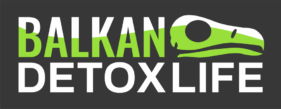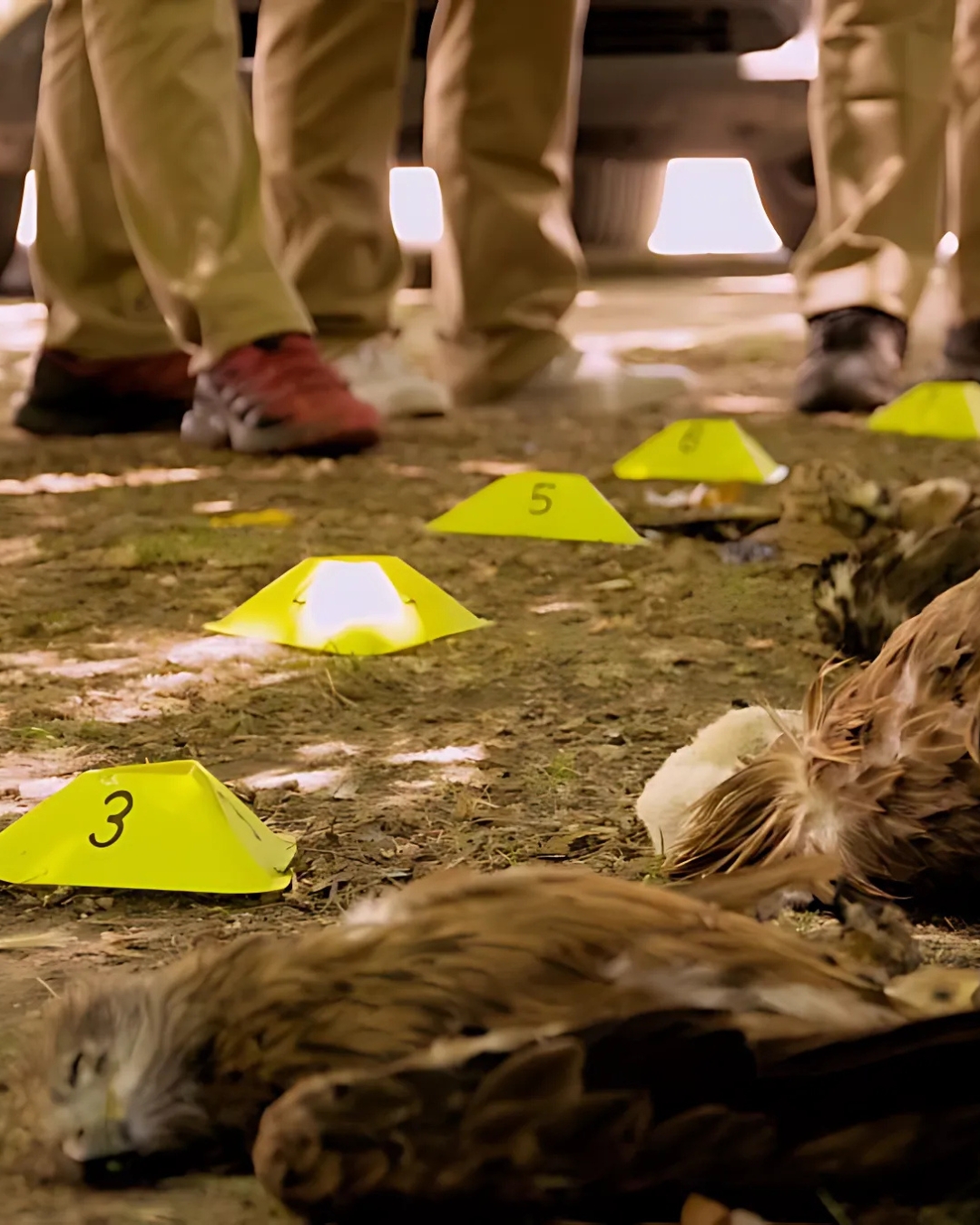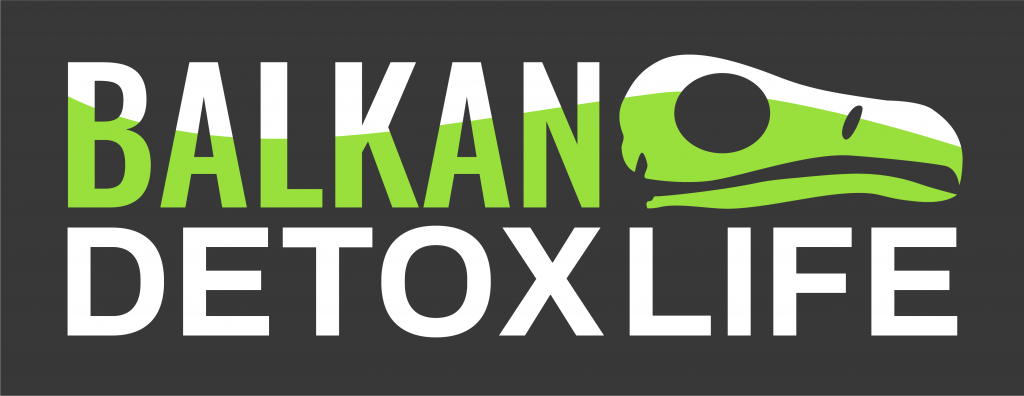In a landmark move for biodiversity conservation, Albania’s Ministry of Tourism and Environment has officially approved the Action Plan for the Protection from Poisoning of Endangered and Endemic Species of Wild Fauna in Albania, 2025–2035. This decision—formalized through Ministerial Order No. 142 on April 11, 2025—is the first of its kind in the country, marking a major turning point in efforts to protect wildlife from the illegal and harmful use of poison.
Years of joint effort lead to national policy change
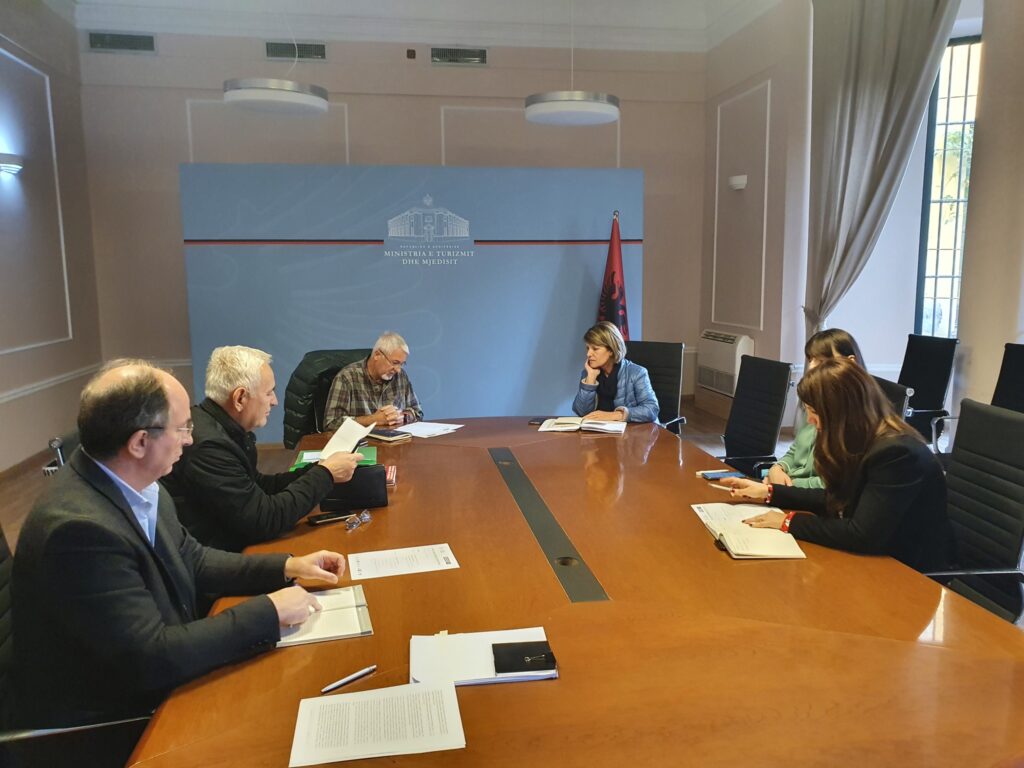
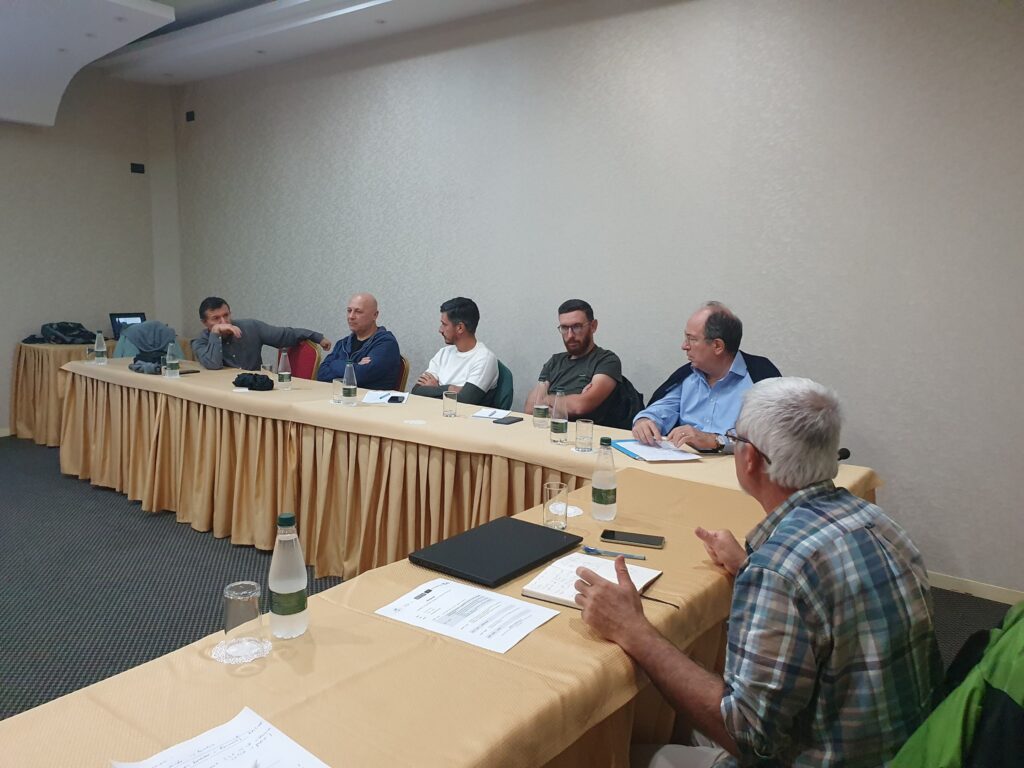
After years of tireless work and collaboration among a wide range of stakeholders—including decision-makers, law enforcement agencies, researchers, scientific institutions, and national nature protection organizations (all working together as the National Anti-Poisoning Working Group)—Albania has now adopted its very first Action Plan targeting poisoning. Official approval came via Ministerial Order No. 142, issued on April 11, 2025, under the title: “On the Approval of the Action Plan for the Protection from Poisoning of Endangered and Endemic Species of Wild Fauna in Albania, 2025–2035.”
This achievement is a direct result of long-term dedication from the Albanian Ornithological Society (AOS)—a national partner of the BalkanDetox LIFE project—along with other members of the National Anti-Poisoning Working Group (NAWG). Their efforts were supported by the BalkanDetox LIFE project, which provided strategic tools, guidance, and access to international best practices that helped shape and finalize the plan.
Poisoning: The silent threat
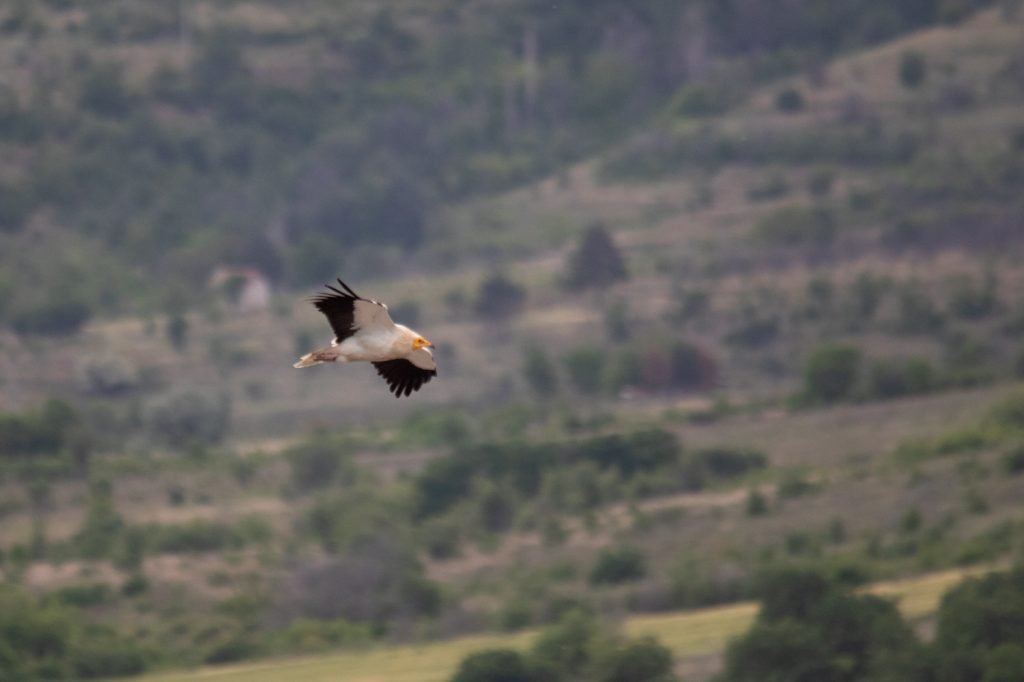
Poisoning poses a serious threat to wildlife across Albania. Species like wolves, bears, vultures, and other scavengers have all suffered as a result. And it’s not just wild animals—domestic and stray animals have also been victims. Poison has been used widely throughout the country, leading to the deaths of countless animals in natural habitats, rural farmlands, and even urban areas.
Among the most tragically affected are vultures. Once commonly found across Albania, all four native vulture species—the Griffon Vulture, Cinereous Vulture, Bearded Vulture, and Egyptian Vulture—have seen dramatic population declines. Today, only the Egyptian Vulture still breeds in the country, and even that population has dwindled to just five known breeding pairs located in southern Albania.
Despite the extensive damage caused by poisoning, Albania has never prosecuted a single case. For more than 30 years, this issue lacked the necessary legal framework to take action. It wasn’t until 2019 that poisoning was even officially recognized as an administrative violation under Law No. 10006, dated October 23, 2008, “On the Protection of Wild Fauna.” Since then, the focus has shifted toward strengthening laws and developing mechanisms to effectively combat poisoning.
A smart, strategic Action Plan
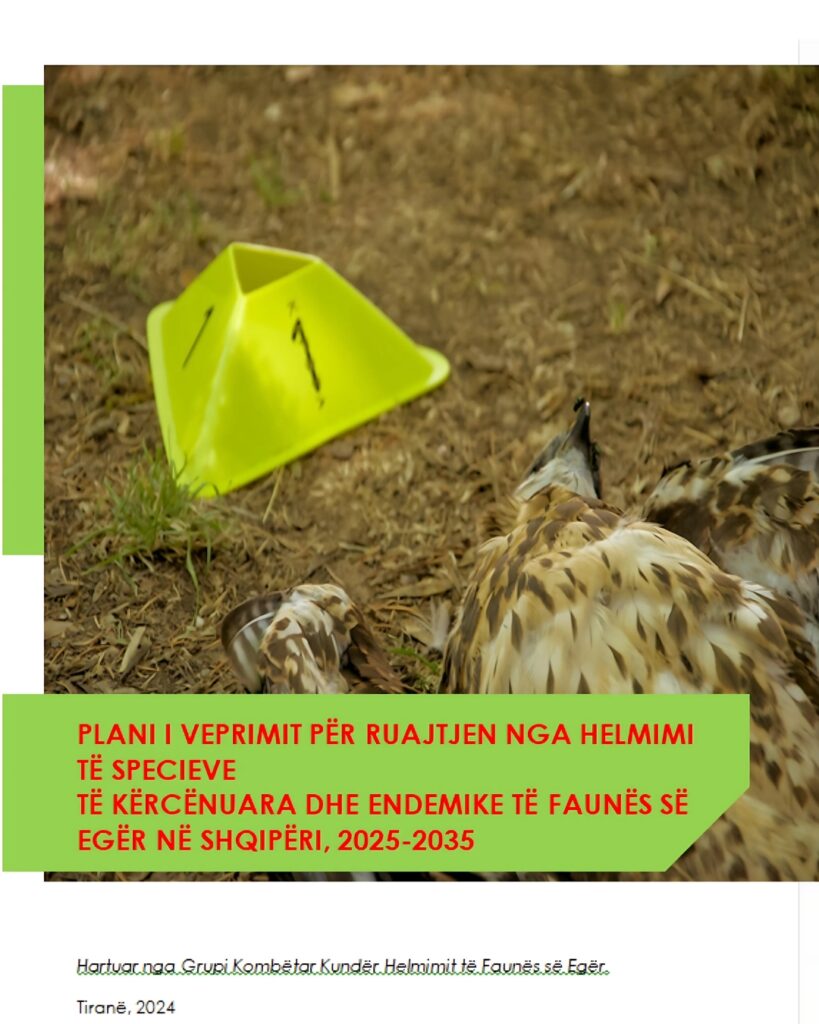
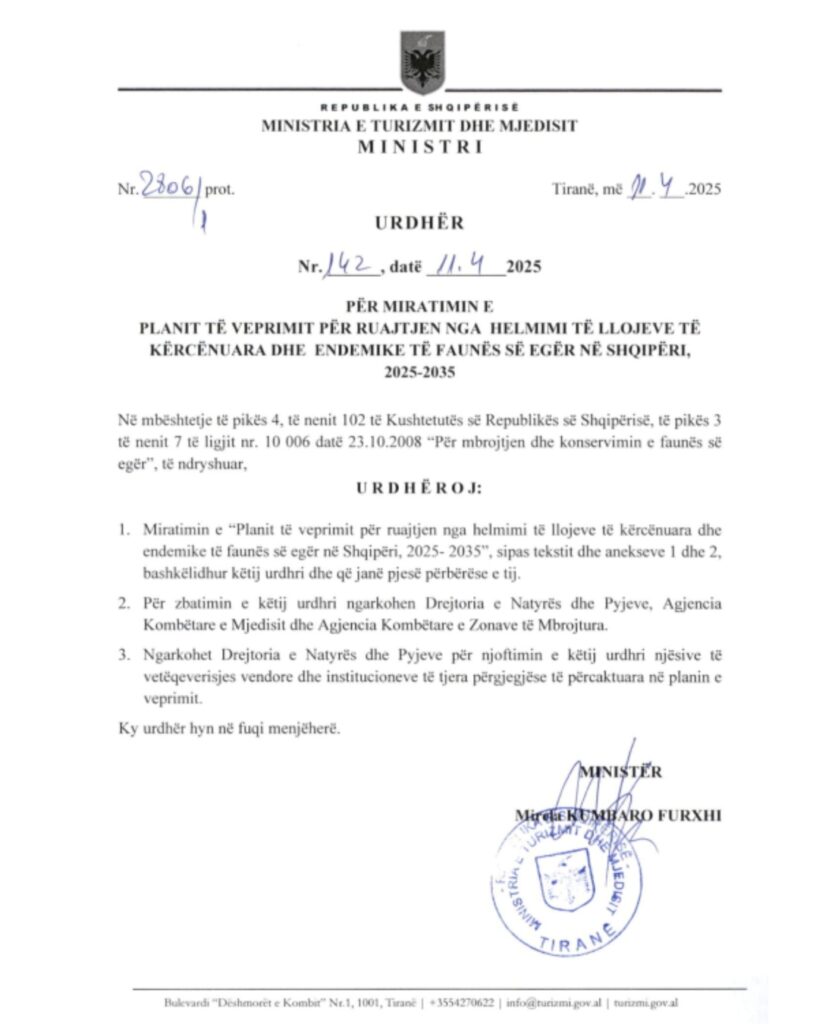
This newly approved Action Plan outlines the national strategy for combating wildlife poisoning over the next ten years. It introduces 16 strategic directions—ranging from enhancing understanding of how and why poisons are used, to implementing preventative, deterrent, and educational measures. It also outlines inspection and supervision systems, new procedures for evidence collection, and the creation of operational protocols.
Among its key innovations, the Action Plan introduces a “chain of custody” framework for managing poisoning cases. That’s something Albania has never had before—not even for other environmental crimes. The plan also incorporates customized operational protocols adapted from Spain, with support from the BalkanDetox LIFE project, ensuring that incident response is both timely and effective.
Implementation of this plan will be closely overseen by the National Anti-Poisoning Working Group, which functions as an integral part of the National Fauna Council—an advisory body established back in 2019.
Why this plan matters
Thanks to this Action Plan, a long-neglected issue is finally being addressed with real policies, mechanisms, and oversight. But let’s be clear: the plan’s success depends entirely on how well it’s implemented.
Taulant Bino, President of the Albanian Ornithological Society (AOS) and the primary compiler of the Action Plan, put it this way:
“The approval of the Action Plan marks a significant achievement, reflecting years of effort by policy-making institutions, environmental organizations such as AOS, academic institutions, and others. Albania now has an appropriate legal, strategic, and institutional framework in place to combat wildlife poisoning. However, there is still a long road ahead to build, strengthen, and enhance institutional capacities to ensure the Action Plan’s successful implementation and the broader legal framework’s effectiveness.”
The plan also highlights what can be accomplished when institutions and civil society work together. It stands as a strong example of how persistent collaboration among various actors can lead to concrete results—and perhaps even inspire similar action in other areas of conservation.
Klodiana Marika, Director of Nature and Forests at the Ministry of Tourism and Environment and a member of the NAWG, emphasized:
“The adoption of the Anti-Poisoning Action Plan represents the culmination of joint efforts between the Ministry of Tourism and Environment and the Albanian Ornithological Society. This Action Plan builds on a series of earlier amendments to the national legal framework, including revisions to the Law on the Protection of Wild Fauna and provisions in the Criminal Code. In my view, the progress made through anti-poisoning initiatives serves as a prerequisite for broader conservation efforts, particularly in combating wildlife poisoning and safeguarding biodiversity. While adapting the national legal framework and strengthening the strategic framework are important steps forward, further action is needed — especially in prevention, detection, prosecution, and raising public awareness. Achieving this requires strong cooperation among actors and partners, as well as continuous efforts to build institutional capacity.”
As Albania works toward its long-term goal of joining the European Union, milestones like this help the country meet key conservation and legal criteria.
Marika added:
“I see this Action Plan as another important step in aligning Albania’s national legal framework with that of the European Union on nature protection issues.”
The role of the BalkanDetox LIFE project
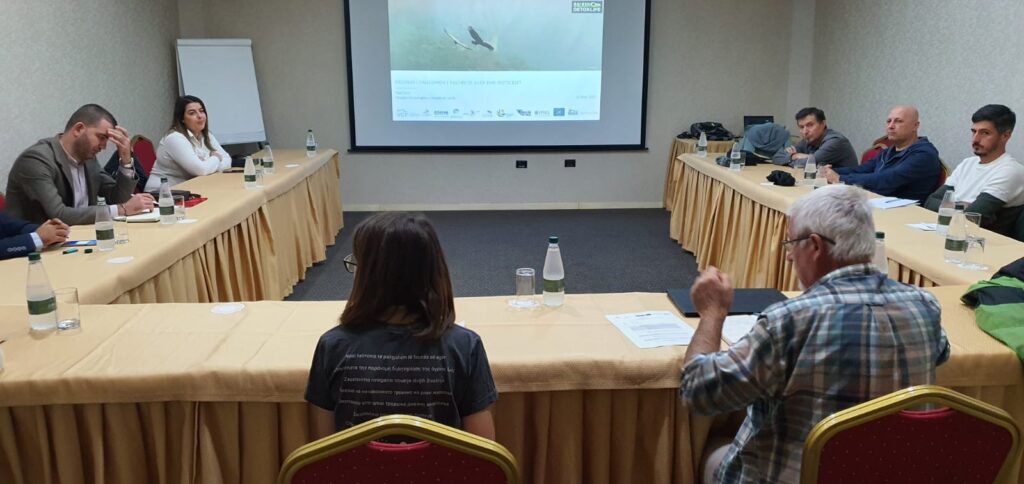
The path to this policy victory owes a great deal to the BalkanDetox LIFE project—not just for financial support, but for providing the tools and platforms that made collaboration possible.
The project organized and supported countless working sessions with the National Anti-Poisoning Working Group, helping refine the draft and align strategies for the Action Plan’s approval. It also facilitated the adaptation of Spanish models for managing poisoning cases, which are now included in the plan’s annexes.
Without the backbone provided by BalkanDetox LIFE, this level of coordination and strategic planning might never have come together. The adoption of the Action Plan for the Protection from Poisoning of Endangered and Endemic Species of Wild Fauna in Albania, 2025–2035 now stands as one of the project’s most impactful achievements in the region.
